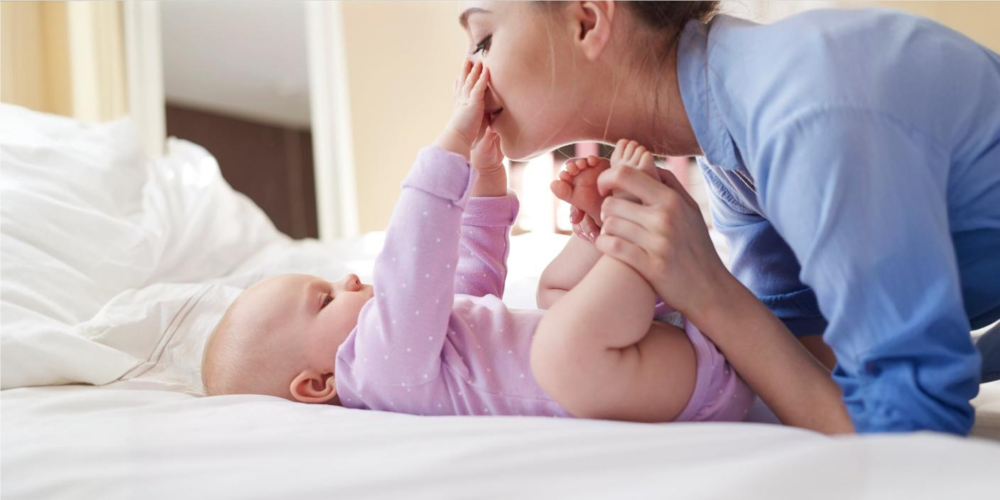Do women need more sleep than men?
Women's sleep needs are often greater than men's due to hormonal fluctuations, menstruation, pregnancy, menopause, and additional societal pressures that disrupt sleep quality and duration
Author
Author
- admin / 5 months

- 0
- 5 min read

Author
In a viral Instagram post, Dr Manan Vora, an orthopedic surgeon with 549K followers, claims that women need more rest than men because of hormonal changes that disrupt their sleep cycles.
“Because of hormones. periods, pregnancy and menopause mess with their sleep. It gets harder to fall asleep, and they wake up more often. Even 8 hours of sleep doesn’t feel enough, sometimes because the body doesn’t fully rest. It’s not being lazy, it’s just how the body works. That extra sleep, it’s needed,” he explains in the reel.
Do women need more sleep than men?
Research recommends that adults, regardless of gender, need 7–9 hours of sleep per night. But, around 30 per cent of adults fail to meet this benchmark, and even among those who do, sleep consistency remains a problem. The study found only 15 per cent of participants managed to stay within the 7–9 hour range on at least five nights a week.
A 2016 population-based study of 1,049 middle-aged working adults found that women slept 14 minutes longer on workdays and 27 minutes longer on leisure days compared to men, and also reported a 32-minute longer preferred sleep duration.
“Sleep loss on workdays is presumably more pronounced in women, since despite their longer sleep on workdays, the gender differences persist in both sleep duration on leisure days and in preferred sleep duration,” the study notes.
Similarly, a 2021 study analysing over 11 million nights of sleep data from 69,650 adults across 47 countries found that “although men tend to sleep less than women across the lifespan, nighttime awakenings are more prevalent for women, with the greatest disparity found from early to middle adulthood, a life stage associated with child-rearing.”
Why would there be a difference?
Although men and women appear to need similar amounts of sleep, hormonal fluctuations in women, particularly those related to oestradiol and other reproductive hormones, can significantly affect sleep quality and efficiency. These hormones influence sleep consolidation and sleep-wake cycles, especially during major life stages such as puberty, menstruation, pregnancy, perimenopause, and menopause.

Research suggests that hormonal fluctuations at different stages of a woman’s life can significantly affect sleep quality. During menstruation, particularly in the premenstrual phase, many women experience difficulty falling or staying asleep. Pregnancy introduces further changes in hormone levels, often leading to fatigue, drowsiness, frequent urination that interrupts sleep, as well as issues like restless legs syndrome and breathing difficulties. Later in life, perimenopause and menopause bring fluctuating hormone levels that can trigger hot flashes and night sweats, both of which are known to disturb sleep.
Increased risk of sleep disorders also contributes to gender differences. A 2020 study found that women are 58% more likely to experience insomnia than men, which may push them to seek extra sleep to make up for poor rest. Women are also more prone to other sleep disturbances, including RLS and sleep apnea.
Also, research has found that women are more likely to lose sleep than men after having a baby. The study found that, “After entry into parenthood, women encounter 0.7 hours (42 min) greater decline in sleep than men.”
What do the experts say?
Dr Prof. Abha Majumdar, Director and Head of the Centre of IVF & Human Reproduction at Sir Ganga Ram Hospital, believes that women generally need more sleep than men.
“Men may have a limited period of work, whereas a woman, especially a housewife, is active from morning to night. If she’s a working woman, she’s juggling her professional responsibilities along with household chores and taking care of the kids. This constant multitasking takes a significant toll on her energy,” she explains.
According to Dr Majumdar, this combination of work, household responsibilities, and social commitments makes concentrated, restorative sleep essential for women. “Women need very good quality sleep to recover from the fatigue caused by continuous work and multitasking,” she adds.
She also points to hormonal influences: “During adolescence and puberty, girls are very hyper-reactive, which can affect their sleep. Parents often notice irritability or mood swings, and hormones play a role here.”
“During menstruation and ovulation, fluctuations in estrogen and progesterone affect sleep. Estrogen is stimulatory, while progesterone is calming. Conditions like premenstrual syndrome can cause water retention and irritability, which reduce both sleep quality and duration. When sleep quality is poor, women need extra hours to achieve proper rest,” she explains further.
Dr Majumdar also discusses the risks of chronic sleep deprivation, noting that it can lead to fatigue, irritability, decreased work quality, and strained family interactions.
“Avoid caffeine or cold drinks after 5 or 6 p.m., limit alcohol, and have a lighter meal 2–3 hours before bed. Heavy exercise close to bedtime can also interfere with sleep, as it keeps the mind and body overly active,” she advises. “For women who feel constantly tired, prioritising sleep and managing lifestyle factors can help them gain the extra 20 minutes of rest they may need each day.”
Also read: What is PCOS? The hidden struggle of one in five Indian women | Explainer









